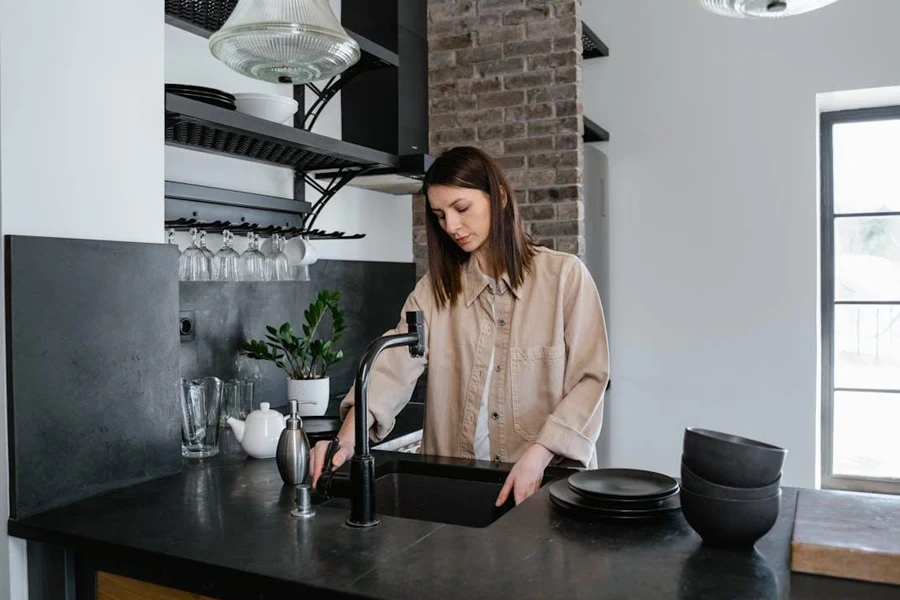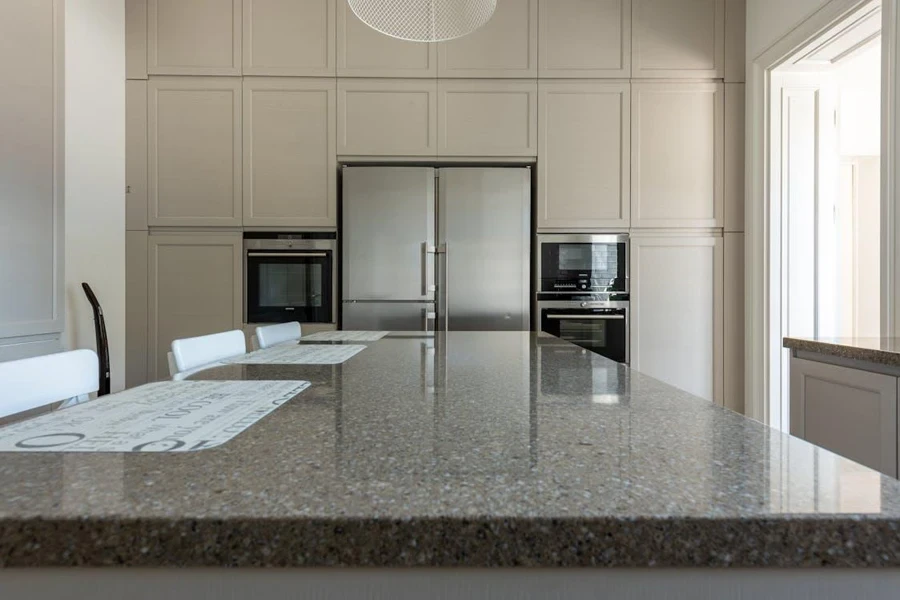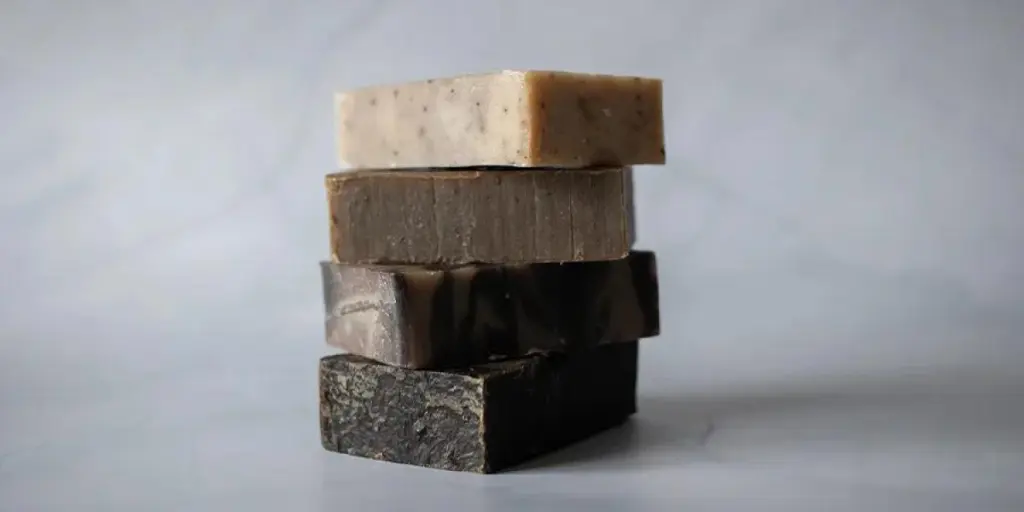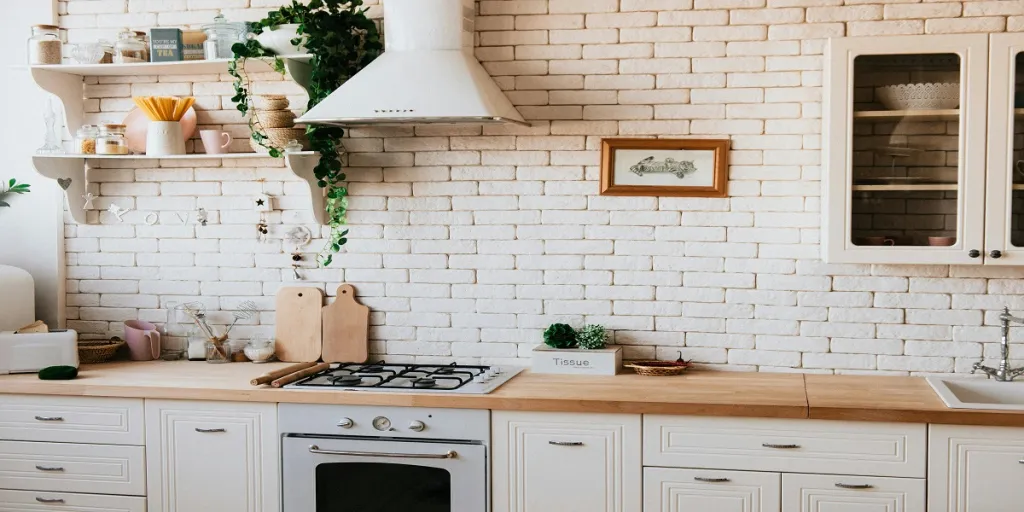After the COVID-19 pandemic, people around the world started to care even more about their homes: consumers want their places to feel welcoming, be functional and beautiful, and feature a lot of natural materials.
The kitchen holds a special place in our hearts among all the rooms in a home. It’s a place of conviviality where people cook their meals and share them with their loved ones. So, it is no surprise that consumers are ready to spend more to make it into a special area.
Today’s article is about granite countertops, one of the go-to materials home-décor and interior design lovers choose for their kitchen. This article will explore the features of granite countertops, market data, and some tips and tricks for store managers and owners to leverage their customers’ love of natural stone.
Table of Contents
All about granite
Tips for choosing granite countertops
Conclusion
All about granite

Consumers have recently preferred natural and sustainable materials, and granite, a natural stone quarried without chemicals, answers this need. Its long life and low maintenance requirements make it an eco-friendly choice over other synthetic materials.
The global market for granite countertops is continuously growing due to the demand for high-quality materials and the boom in home renovations. According to a report by Grand View Research, the natural stone slab market, including granite countertops, had a value of USD 47.7 billion in 2022 and is expected to grow at a compound annual growth rate (CAGR) of 4.7% from 2023 to 2030.
Characteristics
Surpassed only by quartzite and some gemstones, granite is one of the hardest natural stones, coming in at between 6–8 on the Mohs hardness scale and, for this reason, is by far one of the most popular surfacing materials on the market.
Consumers install granite countertops in the kitchen and bathroom for their durability, hardness, scratch resistance, ease of maintenance, and aesthetics. They are seen as a long-term investment for consumers and retailers alike.
Colors and finishes
One of the biggest advantages of granite is its wide range of colors and finishes. Granite offers options for all tastes and furnishing styles featuring surfaces that range from white to black through brown, green, and blue.
Also, the finishes of a granite slab can vary from polished, which enhances the colors and veins of the stone, to satin and brushed, which offer a softer and more natural look. This variety allows stores to offer their customers a plethora of customized solutions.
Just like wood, marble, and other natural materials, each granite slab is one of a kind, with veins, colors, and patterns that never repeat exactly. This uniqueness gives added value to granite countertops, as each piece is a natural work of art. For retailers, this means offering exclusive products that appeal to customers looking for something special and distinctive.
New technologies
Technology has played a significant role in the evolution of the granite market. Modern extraction and processing methods lead to thinner, lighter slabs without compromising strength that can be used as kitchen countertops or installed onto the walls. Furthermore, using advanced design software and cutting machines allows manufacturers and suppliers to obtain more precise and customized finishes, satisfying each customer’s specific needs.
Tips for choosing granite countertops

Before choosing granite countertops to resell, conducting an in-depth analysis of the market, suppliers, and competitors is essential. Identifying local trends, consumer preferences, and key competitors can help make informed decisions and gather valuable data on which colors, finishes, and formats are most in demand.
However, many other factors should be considered when stocking granite, as it’s a high-end material and comes with risks and responsibilities.
Quality of the stone and supplier

The quality of granite can vary greatly based on its origin and manufacturing process. It is essential to choose reliable suppliers; checking vendor certifications and reviews can help ensure products meet required standards.
This process and the stone’s quality are important for retailers, architects, and other businesses as they directly affect customer satisfaction and the pro’s reputation.
Requiring and offering good assistance and warranty service can make a significant difference when choosing granite countertops. Ensuring that suppliers offer product warranties and after-sales service can not only increase customer trust but also reassure them of your commitment to their satisfaction, thereby improving your store’s reputation.
Finishes

Surface finishes can significantly change the appearance and functionality of a granite countertop. The polished finish is the most popular as it enhances the stone’s colors and veins, giving the kitchen an elegant and sophisticated look. This finish is also easy to clean and resists stains well.
With its soft and natural look, the satin finish is ideal for those who want a more discreet and less reflective surface in their interior. However, advising customers that this finish may require more maintenance to avoid smudges and fingerprints is important.
Lastly, the brushed or matte finish gives the granite a soft and velvety texture. This finish sells well because of its natural appearance and staining resistance. It is an excellent choice for those seeking a balance between aesthetics and functionality.
The treatment of granite countertops
Even with different finishes, granite remains a natural and porous material. For this reason, granite countertops should be treated with varying substances before being installed. A waterproof treatment is ideal for use in the kitchen and bathroom: the granite becomes resistant to the attack of acidic foods, such as lemon, Coca-Cola, or cleaning products.
A granite top is very resistant to high temperatures; however, in some cases, it’s recommended to add treatment to enhance heat resistance so that the thermic shock from a hot pot or pan, for example, won’t damage the natural stone, creating cracks or changes in shade.
Thickness of the slabs

The thickness of the granite slabs is an important factor to consider when buying them from a supplier and reselling them to customers.
Thicker 1,2-inch sheets, while offering greater durability and strength, also provide a range of options for different applications. They can be more expensive and heavier, but their versatility makes them suitable for kitchen tops and vanities. However, they cannot be used on the walls.
Thinner, 0.8-inch sheets are lighter and less expensive but may require additional support for stability.
Conclusion
Granite countertops are excellent for durability, beauty, and uniqueness in kitchen and bathroom materials, and people worldwide choose them more often than ever.
For retailers, offering a selection of high-quality granite can satisfy a wide range of customers and increase sales. Knowing market trends, consumer preferences, and the technical details of granite is essential to making informed choices when stocking this natural stone.
Investing in quality products from the huge variety on Alibaba.com and offering excellent customer service can make a difference in the success of a furniture and building materials store.




